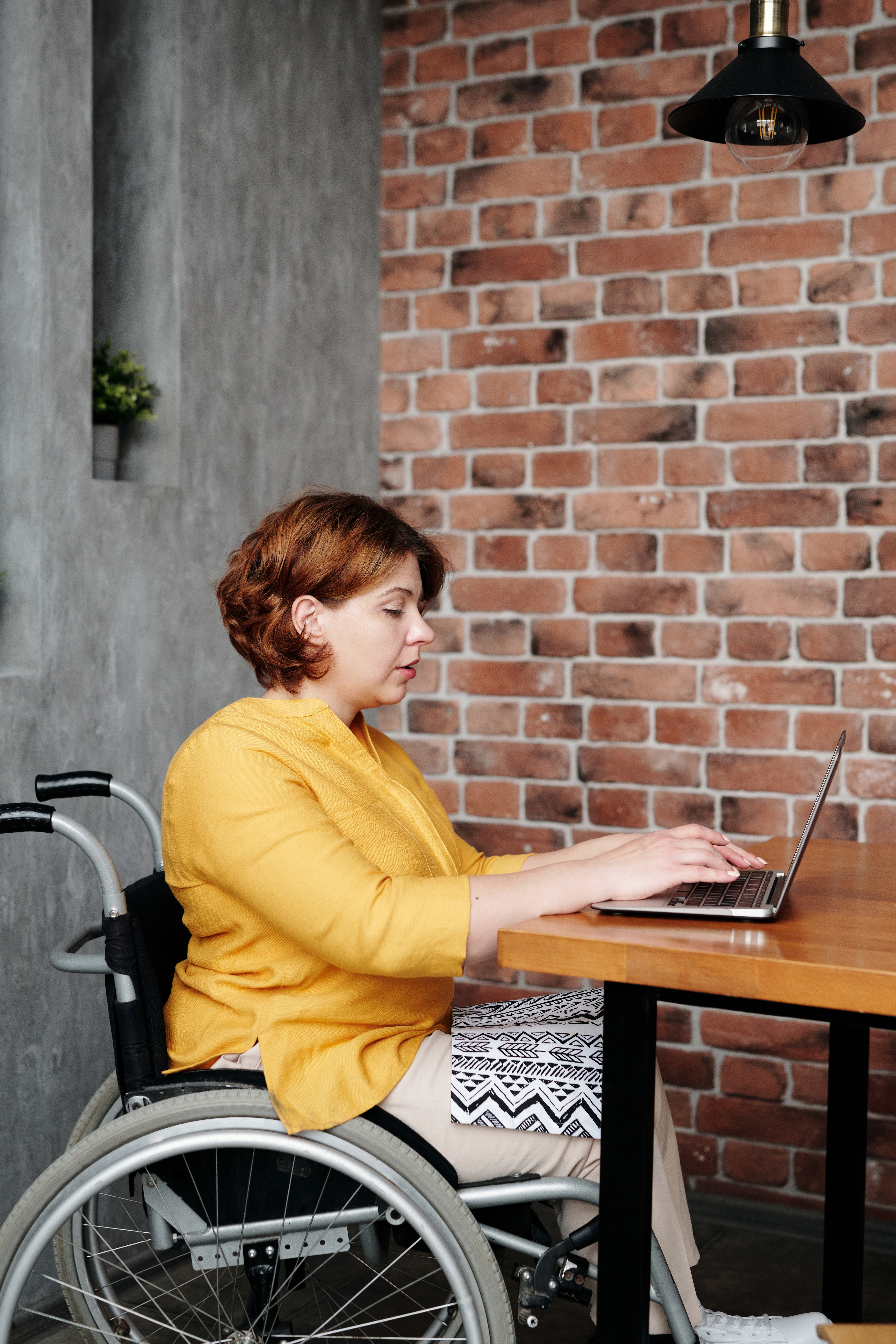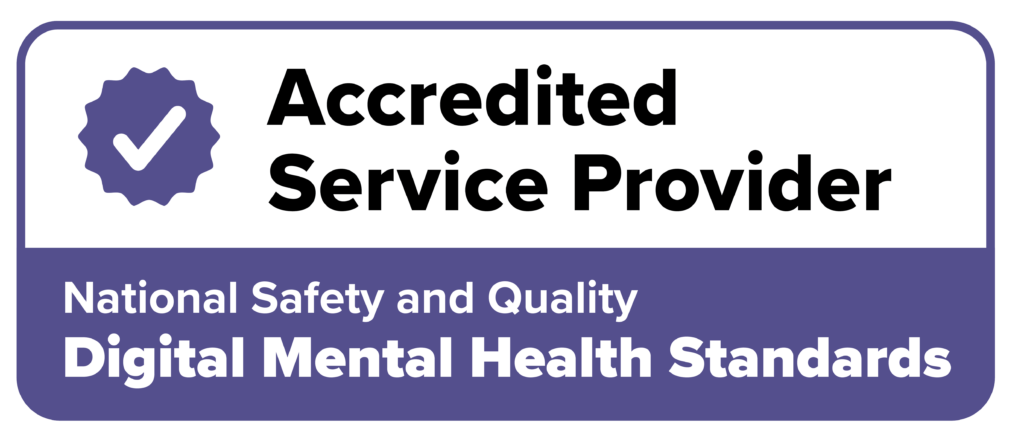
An estimated one billion people are living with disability globally, according to the United Nations. This is fifteen per cent of the world’s population and the world’s largest minority. As a group people with disability have long been marginalised and their basic human rights have frequently been transgressed. Many people with disability face daily barriers to living independent and connected lives, especially now.
The establishment of the Disability Royal Commission in Australia in April 2019 was a watershed moment for many in the disability sector who had battled long and hard simply to be heard, respected and responded to. It is reassuring to see that the Commission is proceeding with a number of public hearings now scheduled and a substantial number of submissions having been received. Still as for many people around the world, the Coronavirus pandemic has brought its challenges to people living with disability.
Charged with identifying how to protect against and prevent the ongoing and often systemic abuse, neglect, violence and exploitation of people with disability, and better investigate, report and address these violations, the Commission has a critical role to play. The pandemic threatens us all. We are living with an eerie ‘not knowing’ and at times, a sense of helplessness and hopelessness – new to many but all too familiar to many people living with disability.
As many of us struggle with the anxiety, stress and trauma of social distancing, tighter hygiene controls, isolation, financial hardship, ill-health, grief and loss, many people with disability who have long experienced cumulative trauma are facing further domestic violence and intimidation during lock down and restrictions. Many, dependent on support teams and advocates, have greater challenges accessing critical face-to-face supports. Some are already exposed with chronic health conditions, crowded living conditions and few financial resources. This can compound the fear and threat we all feel.
People with disability face a range of barriers to independence, autonomy and meaningful participation in the community. Blue Knot Foundation has been funded to deliver the National Counselling and Referral Service supporting the Disability Royal Commission, as well as people with disability affected by the complex trauma of abuse, neglect, violence and exploitation.
Callers to the line repeatedly express their gratitude around the respect they are shown, the listening and hearing they experience, and the support they receive. For many years, people with disability have experienced discrimination, harassment, coercive control and repeated violations. Many live with daily losses, ongoing trauma and traumatic memories. Callers share their despair and sense of hopelessness, as many of the services and practical supports on which they once depended are struggling to deliver.
For many it is hard to access the basics – food, shelter, medical care, access, mobility and accurate information. A large number of callers highlight a greater sense of ‘aloneness’ as advocates and advocacy services who they trust and with whom they feel safe are hard to access. Many also express their gratitude to the support they do receive from so many in the sector who give their all every day.
As human beings we share a common humanity. With our humanity we share a common vulnerability – especially now. As a society we need to come together in support and social connection, to be inclusive and recognise and respond to the dignity, autonomy and uniqueness of all Australians. This is a challenging time for us all, but it is a time for us to focus on how we can support people who face daily barriers to participating in a meaningful full life in our society. Let’s also make this a time of hope, possibility and healing despite the very real challenges, and build on the work of the Commission.






